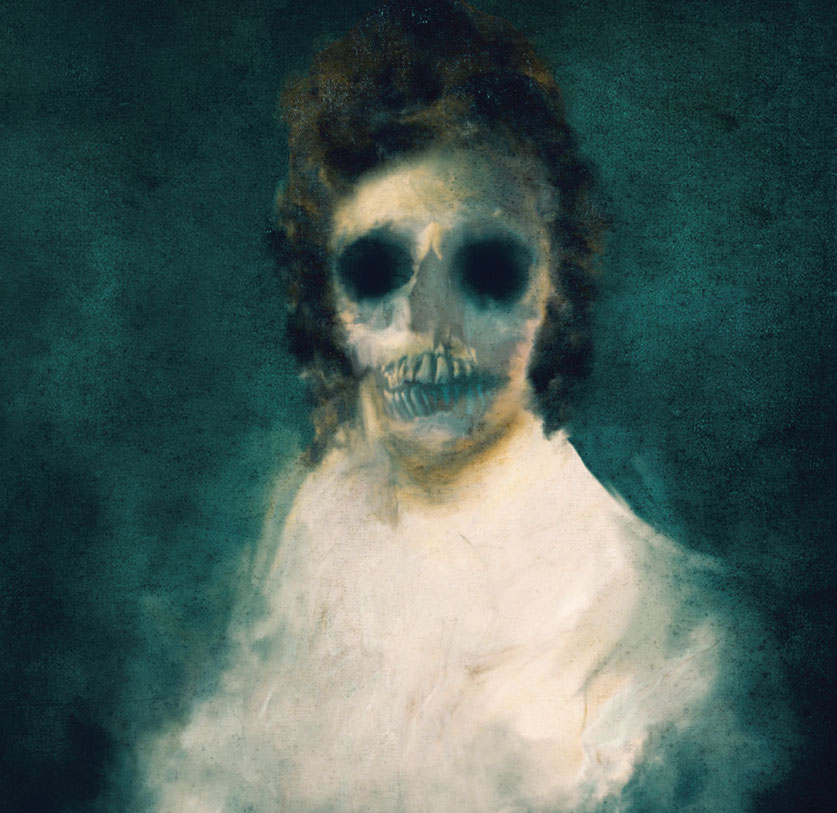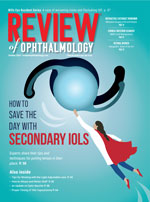 |
| Photo: Getty Images. |
As I struggle to convince myself of the worth of humans as a species, it seems I’m constantly bombarded with evidence to the contrary. Many of you have read my rants and depressive monologues on the failures past and present of Homo sapiens, all made more apparent in our current society with unlimited and instant ability to push out every individual’s thoughts and actions, no matter how dysfunctional. In recent conversations with friends, they were enthusiastic about a new HBO series. It was “interesting,” it was “cutting-edge,” it was “heartbreaking.” I thought maybe this would be useful as a good diversion from the daily grind of negativity. I neglected to ask what it was about.
So, the other night I settled in with the TV and started to watch “The Last of Us.” Big mistake. It’s a zombie show. I hate zombie movies. I hate horror films. I hate movies about Armageddon and its aftermath. I have no idea why anybody would be attracted to any of these genres—they’re scary and depressing. And they engender, at least in me, a profound hopelessness. However, they’re all very popular. Very. Which led me to ask why. What is it that seems to draw people to zombie films? Since I couldn’t find the answer internally, I turned to Dr. Google. And not surprisingly there are lots of answers.
There are a number of excellent psychological treatises on the subject which I’ll try not to plagiarize too much. I will also be disagreeing with many of them. The original zombies were a creation, in myth and fact, of voodoo practices altering living humans with toxins and hallucinogens. The more modern version arose from the horror film industry with “Night of the Living Dead,” and presented us with reanimated corpses that were slow moving and pointless. Of course, that wasn’t lurid enough for our modern culture, so the living zombie, created through biological disaster and driven to consume the non-infected, arose in the TV show “The Walking Dead.”
For those of you who’ve seen TWD, it’s intense, and it brings out intense responses from those struggling to not become infected. What drives us to want to watch? I’ll refer you to an excellent summary referenced below.1 It reviews a number of motivations, but the one I found most compelling was morbid curiosity. The same thing that causes us to drive slowly by a car accident. It’s really horrible, and, more important, we’re glad it’s not us. This morbid curiosity has an evolutionary underpinning, too: The fear of predation and disease, and the idea of the survival of the fittest. It doesn’t get more basic than that. And all three are central to any good modern zombie series. Other authors suggest we crave the fight or flight exhilaration it engenders, although I would find that too temporary and exhausting to want to re-engage weekly or even for a two-hour movie.
A more mundane reason for audiences’ fascination with zombies is our fear of death. Or, more pointedly, fear of the near-death existence of these “humans” devoid of pleasure, excitement and connection. Watching the fight to escape such a life is a metaphor for fighting to escape the slow death of modern society, to summon the humanity to survive against all odds, and to infuse our days with real meaning. No matter how you dress up the reason people seem to be drawn to zombie movies, I still find it profoundly disturbing, depressing and, ultimately, pointless. The struggle seems unwinnable, and a particularly gruesome way to go. So, I’ll continue to avoid these films like the plague (pun intended) and remain less than impressed with our superiority as a life form.
1. Axelrod E.M. The psychology of zombies: Why are zombies so infectious? In: Zombies, divorce, & the internet: A collection of psychological disquisitions. Denver: APSG, 2014. https://traumathreatandpublicsafetypsychology.com/blog/psychology-of-zombies. Accessed February 14, 2023.
Dr. Blecher is an attending surgeon at Wills Eye Hospital.





